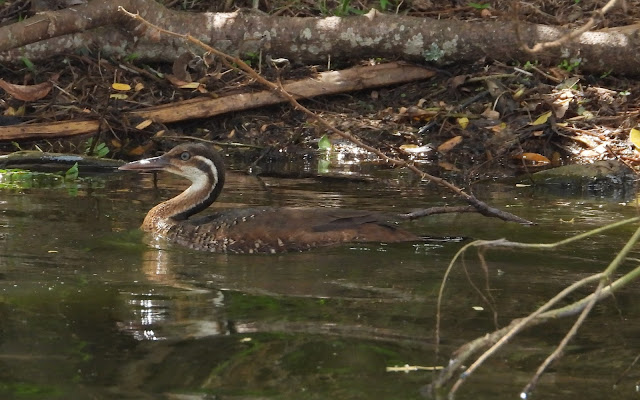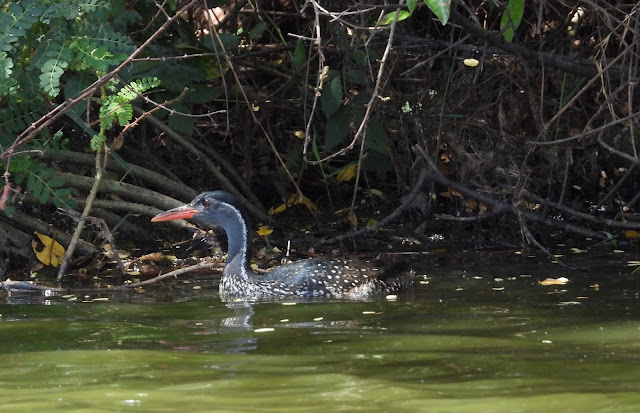Lake Mburo is a freshwater lake located in western Uganda, situated within the Lake Mburo National Park. It is a prominent feature of the region, known for its scenic beauty and rich biodiversity.
Lake Mburo is situated in the Ankole sub-region of Uganda, near the town of Mbarara. It is a shallow lake with a maximum depth of approximately 5 meters. The lake spans an area of approximately 260 square kilometers and is surrounded by rolling hills, open grasslands, and patches of woodland. The lake is home to a variety of wildlife, including zebras, impalas, buffaloes, giraffes, warthogs, and over 300 species of birds. It is also a popular destination for birdwatching, fishing, and boat riding. The lake was originally gazetted as a controlled hunting area in 1933, and was upgraded to a game reserve in 1963. It was finally declared a national park in 1983. The park is managed by the Uganda Wildlife Authority (UWA).
The lake and its surrounding ecosystem support a diverse range of plant and animal species. Lake Mburo is renowned for its avian population, with over 300 bird species recorded in the area. Rare species such as the African finfoot and the shoebill stork can be found here. The lake is also home to hippos, crocodiles, and various fish species, contributing to its ecological significance.
Lake Mburo is surrounded by communities primarily belonging to the Banyankole ethnic group. These communities engage in farming, fishing, and livestock rearing as their primary economic activities. The lake and its resources hold cultural and economic importance to the local residents, shaping their traditions and way of life.
Fishing plays a significant role in the livelihoods of the communities around Lake Mburo. Local fishermen rely on the lake as a vital source of sustenance and income. Various fish species, including tilapia, lungfish, mudfish, and catfish, can be found in the lake. Fishing methods range from traditional techniques using nets and hooks to small-scale commercial operations.
Lake Mburo attracts visitors from around the world who come to explore its natural beauty and wildlife. The lake offers a range of recreational activities, including boat safaris, sport fishing, and guided nature walks. These activities provide opportunities for tourists to appreciate the scenic surroundings and observe the diverse wildlife inhabiting the area.
Lake Mburo and its surrounding ecosystem face various conservation challenges, including habitat loss, human-wildlife conflicts, and poaching. Efforts are being made to address these issues through initiatives such as community engagement, education, and law enforcement. The Lake Mburo National Park plays a crucial role in protecting the lake and its biodiversity.
While at Lake Mburo we did a boat trip looking for wildlife but especially two very tricky target bird species: African Finfoot [which we saw well] and White backed Night Heron [which we saw but not well enough for a photo...] We also saw a range of other species, including our first Hippos.
 |
| African Finfoot |
 |
| African Finfoot |
 |
| African Finfoot - male |
 |
| African Finfoot |
 |
| Hammerkop [and Nile Crocodile] |
 |
| Bushbuck |
Ken Cross










No comments:
Post a Comment